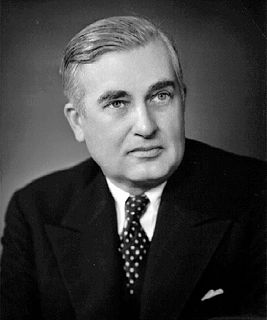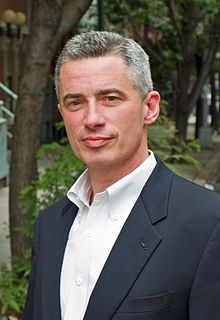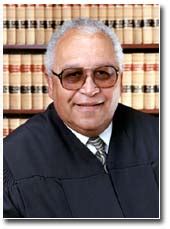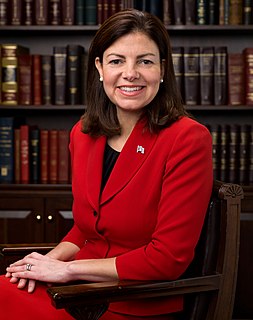A Quote by Charles Edison
Conscious of our many problems, I seek today to lay a foundation to our public policy. My fundamental purpose is to devote my term of office to raising the standard of public service in New Jersey.
Related Quotes
At the U.S. Attorney's Office for the District of New Jersey, I worked as an Outreach and Re-entry Coordinator and an Assistant U.S. Attorney. I have seen the best of our law enforcement community and the commitment that they have made to the public's safety. But I've also seen too many examples of where our system falls desperately short.
There's no question that in my lifetime, the contrast between what I called private affluence and public squalor has become very much greater. What do we worry about? We worry about our schools. We worry about our public recreational facilities. We worry about our law enforcement and our public housing. All of the things that bear upon our standard of living are in the public sector.
The founders of this nation understood that private morality is the fount from whence sound public policy springs. Replying to Washington's first inaugural address, the Senate stated: "We feel, sir, the force and acknowledge the justness of the observation that the foundation of our national policy should be lain in private morality. If individuals be not influenced by moral principles it is in vain to look for public virtue."
It is not necessary for the politician to be the slave of the public's group prejudices, if he can learn how to mold the mind of the voters in conformity with his own ideas of public welfare and public service. The important thing for the statesman of our age is not so much to know how to please the public, but to know how to sway the public. Those who manipulate this unseen mechanism of society constitute an invisible government which is the true ruling power of our country.
But, that’s the whole point of corporatization - to try to remove the public from making decisions over their own fate, to limit the public arena, to control opinion, to make sure that the fundamental decisions that determine how the world is going to be run - which includes production, commerce, distribution, thought, social policy, foreign policy, everything - are not in the hands of the public, but rather in the hands of highly concentrated private power. In effect, tyranny unaccountable to the public.
Those of us in public office and those of us who aspire to public office have a responsibility to be reasonable, fact-based, in our rhetoric and to not suggest things that are unreasonable, to whip up a lot of emotion in public, which can lead to government overreach, fear, suspicions, and prejudice.
Community after community is rising up, ranchers, developers, environmentalists, and local commissioners, all saying this is not the best use of our public lands. It is a story that is largely unknown in the rest of the country. It is a disturbing and community-destroying example of domestic imperialism being waged against people in places deeply connected to the public lands that are our public commons. The Bush energy policy is a short-term strategy based on corporate greed instead of a sustainable vision of what best supports local economies and healthy ecosystems.
We need to revise our economic thinking to give full value to our natural resources. This revised economics will stabilize both the theory and the practice of free-market capitalism. It will provide business and public policy with a powerful new tool for economic development, profitability, and the promotion of the public good.


































